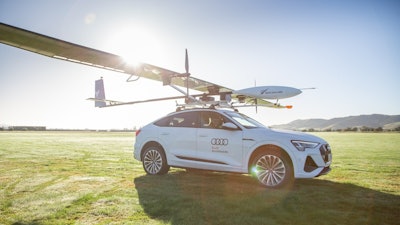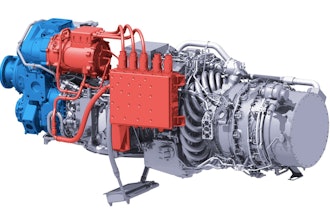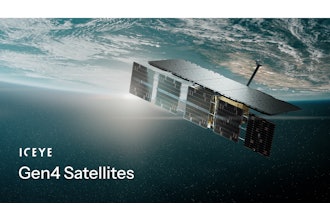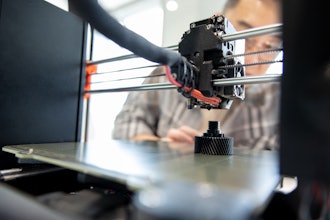
The "Kea Atmos Mk 1" uncrewed aircraft has been designed to be used for stratospheric flight testing. It has a wingspan of 12.5 meters, weighs under 40 kilograms and will fly at altitudes higher than commercial airliners, up to 50,000 feet. The electric launch vehicle being used is an Audi e-tron Sportback.
"It's an exhilarating year for the company as we undertake a range of challenging flight tests on our journey to the stratosphere. It was an absolute thrill to show the Kea Atmos Mk1 aircraft to NASA Administrator Bill Nelson, NASA Deputy Administrator Pamela Melroy last month and we look forward to working with a wide range of international aerospace participants", CEO of Kea Aerospace, Mark Rocket says.
Kea Aerospace has been building and flying a range of electric-powered aircraft and high-altitude balloons as part of its program to build a global fleet of solar-powered uncrewed aircraft that will fly in the stratosphere for months at a time. Their X10 aircraft flew in February 2022 for 36 hours non-stop and proved perpetual flight capability at low altitudes. Each aircraft will carry a suite of aerial imagery equipment offering game-changing advances for many industries, vastly improving the data available for activities including environmental monitoring, precision agriculture, disaster management and maritime awareness.
"The Kea Atmos is the first solar-powered stratospheric aircraft designed and built in the Southern Hemisphere. It's an incredible challenge to make the aircraft as lightweight as possible to fly in less than 10% of the air density we have at sea level, but at the same time it has to be tough enough to handle flying through the fast jet streams", Mark Rocket says.
Kea Aerospace is based in Christchurch, New Zealand. High altitude flights are planned this year to take-off from Tāwhaki, on the Kaitorete Spit, located around 50 kilometers south of Christchurch.
Kea Atmos Applications
Environment. Monitoring the weekly changes in the environment by detecting pollution on land and in waterways.
Disaster Management. Swiftly responding to better managing disasters when there are events such as extreme weather events, earthquakes, tsunamis and fires.
Smart Cities. Developing smart cities where we can improve traffic flow, monitor housing changes and better manage our green spaces.
Precision Agriculture. Better data and analysis tools to enable precision agriculture and horticulture, such as reducing water and fertiliser use.
Forestry. Regularly monitoring vast forest areas for tree health and assessing fire risk.
Maritime. Monitoring maritime areas to detect illegal fishing boats and other vessels.






















